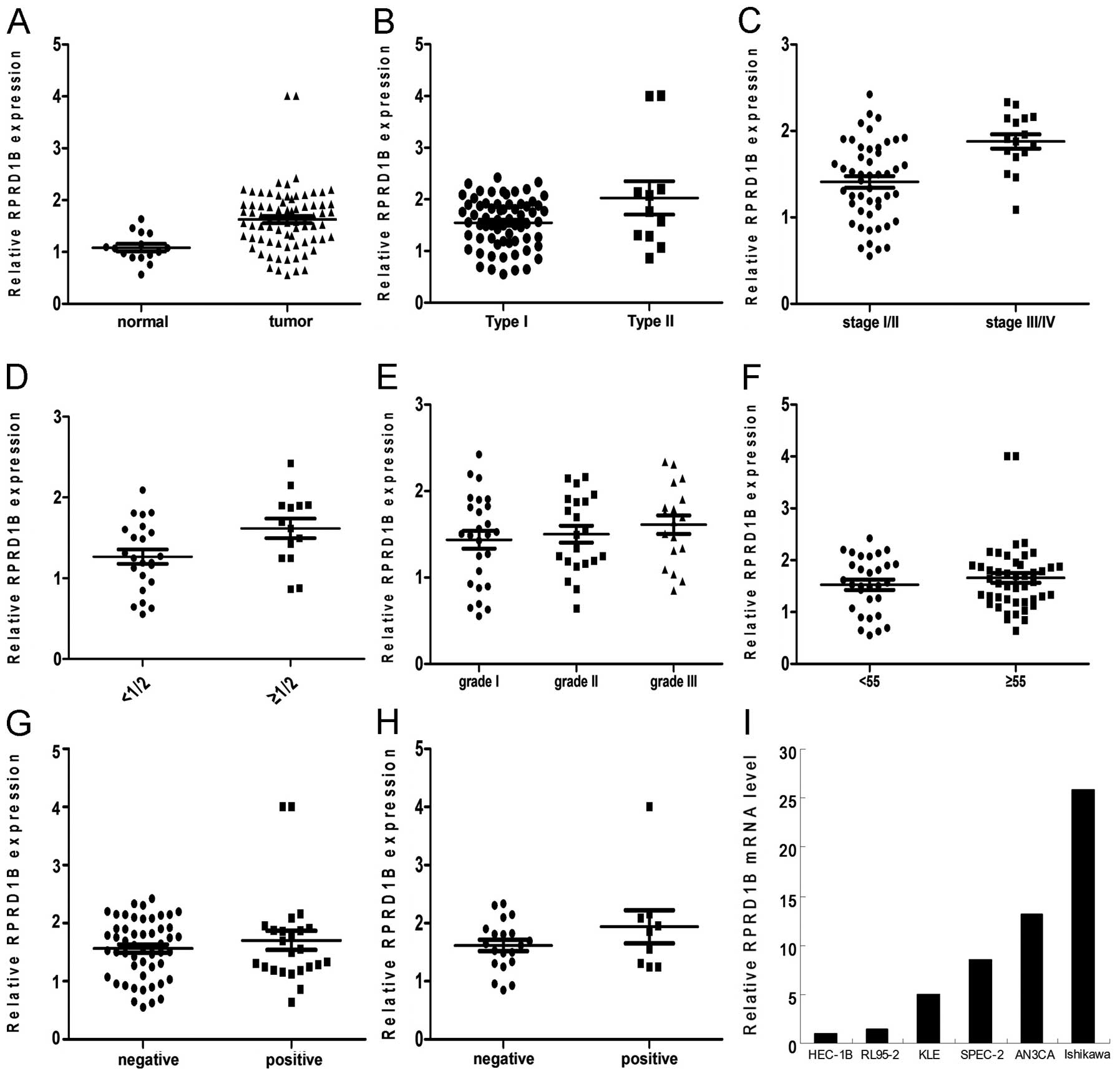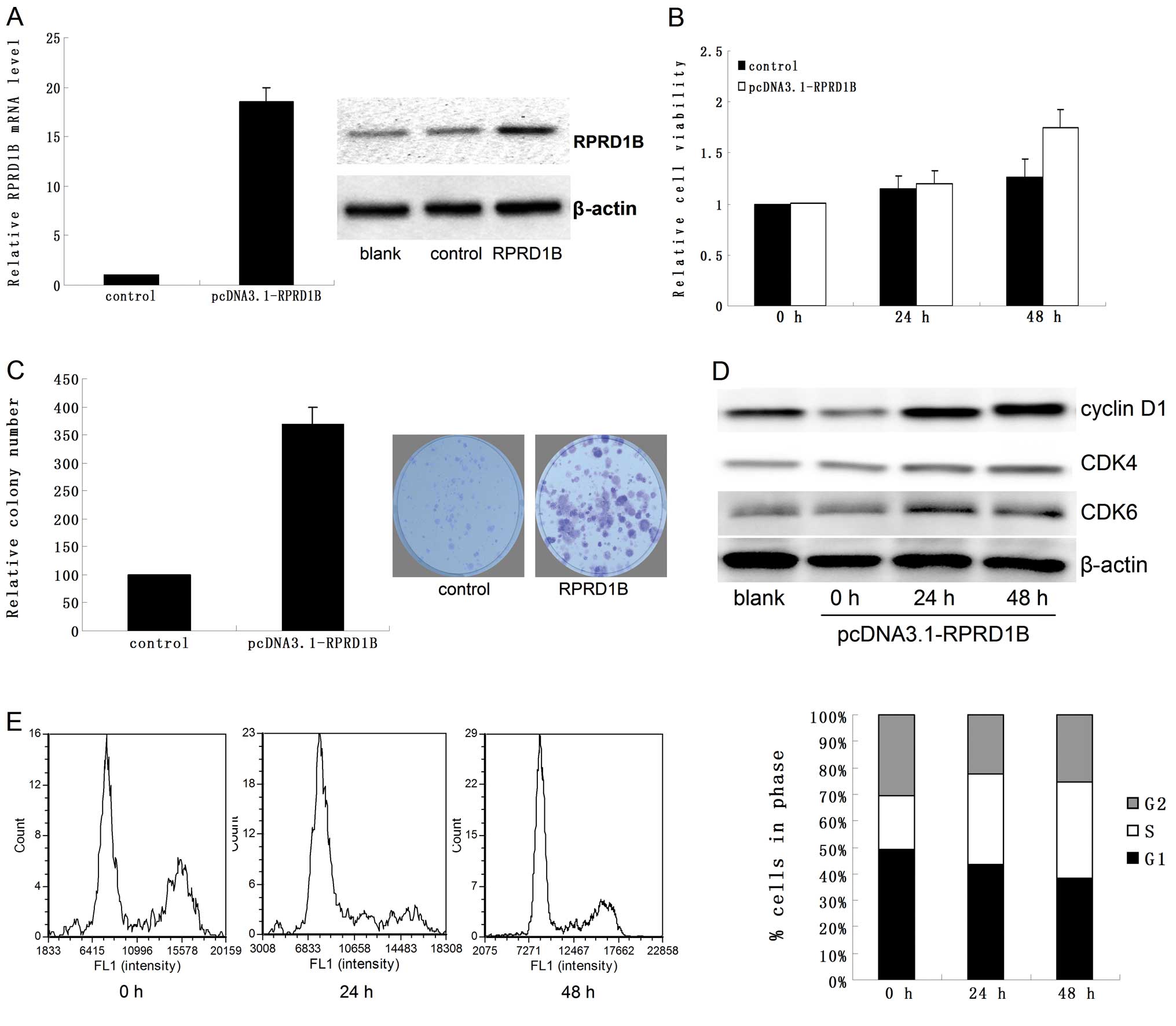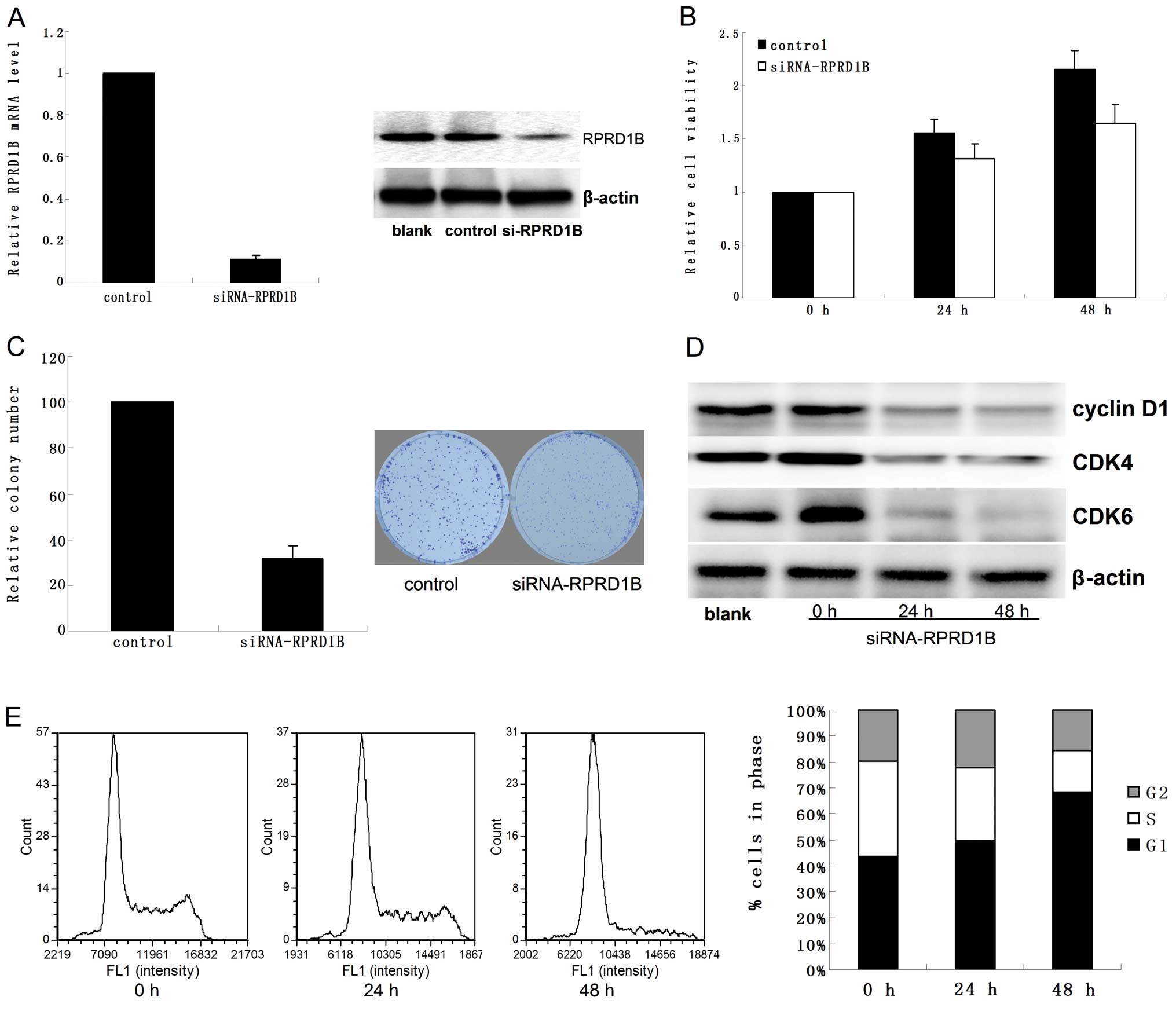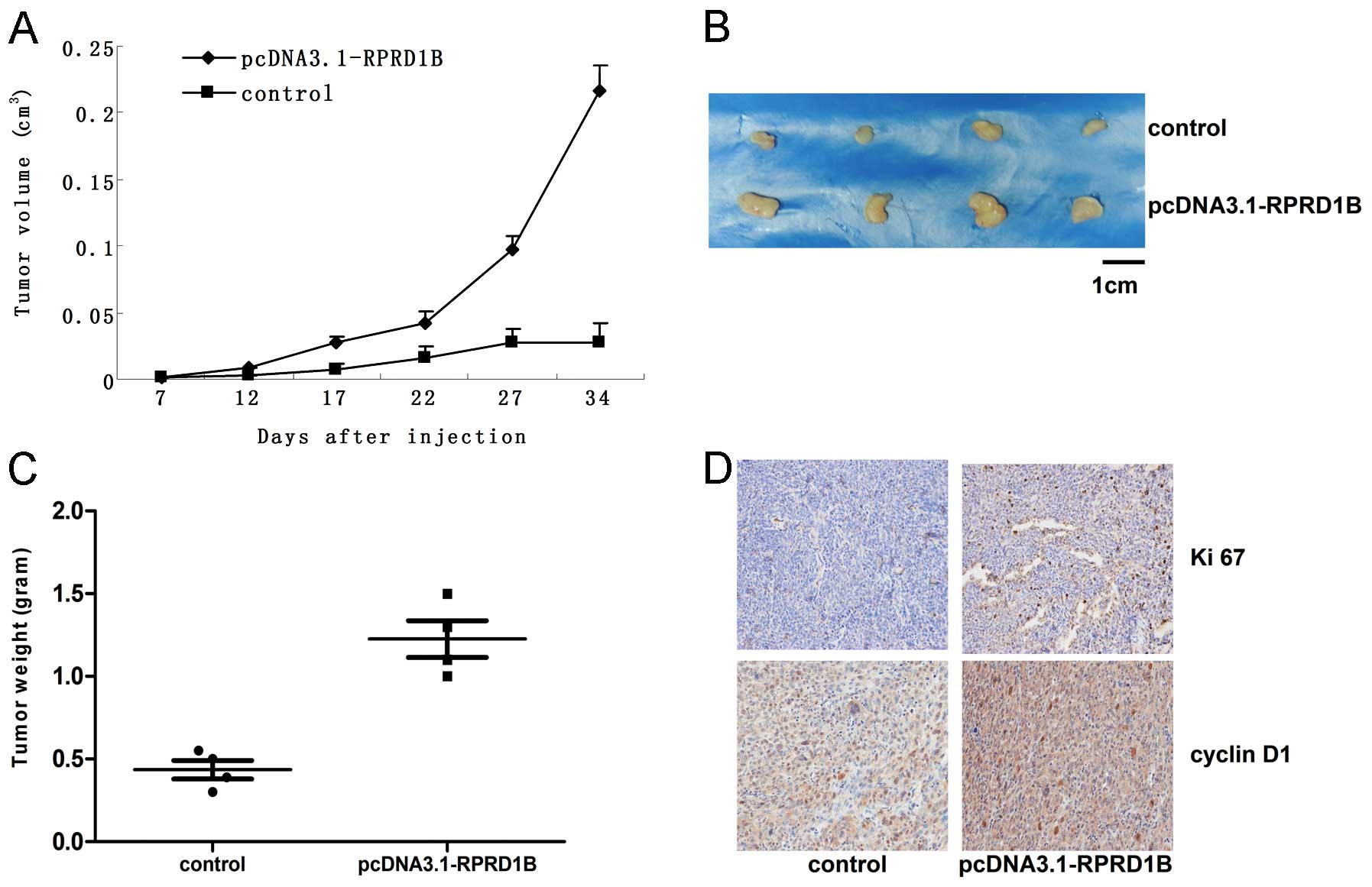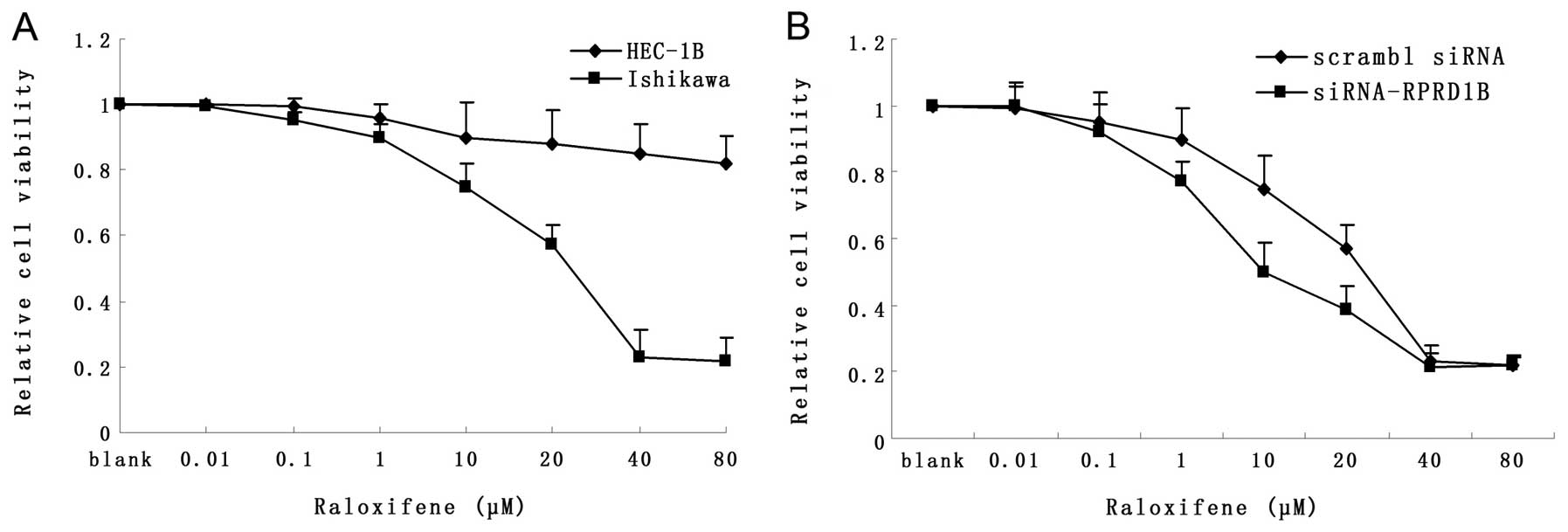|
1
|
Wei KR, Chen WQ, Zhang SW, Zheng RS, Wang
YN and Liang ZH: Epidemiology of uterine corpus cancer in some
cancer registering areas of China from 2003–2007. Zhonghua Fu Chan
Ke Za Zhi. 47:445–451. 2013.(In Chinese).
|
|
2
|
Jamison PM, Noone AM, Ries LA, Lee NC and
Edwards BK: Trends in endometrial cancer incidence by race and
histology with a correction for the prevalence of hysterectomy,
SEER 1992 to 2008. Cancer Epidemiol Biomarkers Prev. 22:233–241.
2013. View Article : Google Scholar : PubMed/NCBI
|
|
3
|
Bray F, Dos Santos Silva I, Moller H and
Weiderpass E: Endometrial cancer incidence trends in Europe:
underlying determinants and prospects for prevention. Cancer
Epidemiol Biomarkers Prev. 14:1132–1142. 2005. View Article : Google Scholar : PubMed/NCBI
|
|
4
|
Siegel R, Naishadham D and Jemal A: Cancer
statistics, 2013. CA Cancer J Clin. 63:11–30. 2013. View Article : Google Scholar
|
|
5
|
Hecht JL and Mutter GL: Molecular and
pathologic aspects of endometrial carcinogenesis. J Clin Oncol.
24:4783–4791. 2006. View Article : Google Scholar : PubMed/NCBI
|
|
6
|
Dedes KJ, Wetterskog D, Ashworth A, Kaye
SB and Reis-Filho JS: Emerging therapeutic targets in endometrial
cancer. Nat Rev Clin Oncol. 8:261–271. 2011. View Article : Google Scholar : PubMed/NCBI
|
|
7
|
Bokhman JV: Two pathogenetic types of
endometrial carcinoma. Gynecol Oncol. 15:10–17. 1983. View Article : Google Scholar : PubMed/NCBI
|
|
8
|
Boruta DM II, Gehrig PA, Fader AN and
Olawaiye AB: Management of women with uterine papillary serous
cancer: a Society of Gynecologic Oncology (SGO) review. Gynecol
Oncol. 115:142–153. 2009. View Article : Google Scholar : PubMed/NCBI
|
|
9
|
Amant F, Moerman P, Neven P, Timmerman D,
Van Limbergen E and Vergote I: Endometrial cancer. Lancet.
366:491–505. 2005. View Article : Google Scholar : PubMed/NCBI
|
|
10
|
Saso S, Chatterjee J, Georgiou E, Ditri
AM, Smith JR and Ghaem-Maghami S: Endometrial cancer. BMJ.
343:d39542011. View Article : Google Scholar : PubMed/NCBI
|
|
11
|
Del Carmen MG, Boruta DM II and Schorge
JO: Recurrent endometrial cancer. Clin Obstet Gynecol. 54:266–277.
2011.
|
|
12
|
Thanapprapasr D and Thanapprapasr K:
Molecular therapy as a future strategy in endometrial cancer. Asian
Pac J Cancer Prev. 14:3419–3423. 2013. View Article : Google Scholar : PubMed/NCBI
|
|
13
|
Malumbres M and Barbacid M: Cell cycle,
CDKs and cancer: a changing paradigm. Nat Rev Cancer. 9:153–166.
2009. View
Article : Google Scholar : PubMed/NCBI
|
|
14
|
Lu D, Wu Y, Wang Y, et al: CREPT
accelerates tumorigenesis by regulating the transcription of
cell-cycle-related genes. Cancer Cell. 21:92–104. 2012. View Article : Google Scholar : PubMed/NCBI
|
|
15
|
Ni Z, Olsen JB, Guo X, et al: Control of
the RNA polymerase II phosphorylation state in promoter regions by
CTD interaction domain-containing proteins RPRD1A and RPRD1B.
Transcription. 2:237–242. 2011. View Article : Google Scholar : PubMed/NCBI
|
|
16
|
Creasman W: Revised FIGO staging for
carcinoma of the endometrium. Int J Gynaecol Obstet. 105:1092009.
View Article : Google Scholar : PubMed/NCBI
|
|
17
|
Kim JK and Diehl JA: Nuclear cyclin D1: an
oncogenic driver in human cancer. J Cell Physiol. 220:292–296.
2009. View Article : Google Scholar : PubMed/NCBI
|
|
18
|
Massague J: G1 cell-cycle control and
cancer. Nature. 432:298–306. 2004. View Article : Google Scholar : PubMed/NCBI
|
|
19
|
Mitselou A, Ioachim E, Zagorianakou N,
Kitsiou E, Vougiouklakis T and Agnantis NJ: Expression of the
cell-cycle regulatory proteins (cyclins D1 and E) in endometrial
carcinomas: correlations with hormone receptor status,
proliferating indices, tumor suppressor gene products (p53, pRb),
and clinicopathological parameters. Eur J Gynaecol Oncol.
25:719–724. 2004.
|
|
20
|
Semczuk A and Jakowicki JA: Alterations of
pRb1-cyclin D1-cdk4/6-p16(INK4A) pathway in endometrial
carcinogenesis. Cancer Lett. 203:1–12. 2004. View Article : Google Scholar : PubMed/NCBI
|
|
21
|
Horree N, van Diest PJ, Sie-Go DM and
Heintz AP: The invasive front in endometrial carcinoma: higher
proliferation and associated derailment of cell cycle regulators.
Hum Pathol. 38:1232–1238. 2007. View Article : Google Scholar : PubMed/NCBI
|
|
22
|
Ortega S, Malumbres M and Barbacid M:
Cyclin D-dependent kinases, INK4 inhibitors and cancer. Biochim
Biophys Acta. 1602:73–87. 2002.PubMed/NCBI
|
|
23
|
Martin A, Odajima J, Hunt SL, et al: Cdk2
is dispensable for cell cycle inhibition and tumor suppression
mediated by p27Kip1 and p21Cip1. Cancer Cell.
7:591–598. 2005. View Article : Google Scholar : PubMed/NCBI
|
|
24
|
Lundberg AS and Weinberg RA: Functional
inactivation of the retinoblastoma protein requires sequential
modification by at least two distinct cyclin-cdk complexes. Mol
Cell Biol. 18:753–761. 1998.
|
|
25
|
Rane SG, Dubus P, Mettus RV, et al: Loss
of Cdk4 expression causes insulin-deficient diabetes and Cdk4
activation results in β-islet cell hyperplasia. Nat Genet.
22:44–52. 1999.PubMed/NCBI
|
|
26
|
Rosu-Myles M, Taylor BJ and Wolff L: Loss
of the tumor suppressor p15Ink4b enhances myeloid progenitor
formation from common myeloid progenitors. Exp Hematol. 35:394–406.
2007. View Article : Google Scholar : PubMed/NCBI
|
|
27
|
Brzozowski AM, Pike AC, Dauter Z, et al:
Molecular basis of agonism and antagonism in the oestrogen
receptor. Nature. 389:753–758. 1997. View
Article : Google Scholar : PubMed/NCBI
|
|
28
|
Maximov PY, Lee TM and Jordan VC: The
discovery and development of selective estrogen receptor modulators
(SERMs) for clinical practice. Curr Clin Pharmacol. 8:135–155.
2013. View Article : Google Scholar : PubMed/NCBI
|















